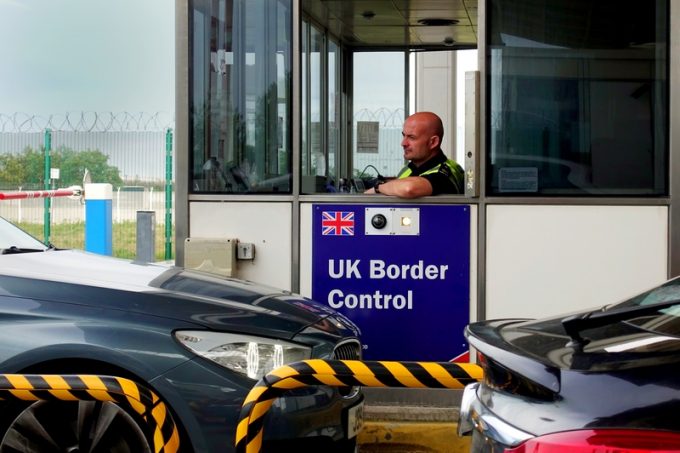Costly import red tape means UK food prices will rise, expert warns
UK food importers are clashing with the government over a threat of inflationary increases to ...

Port groups are growing increasingly agitated about the uncertainty surrounding the UK’s roll-out of border control posts (BCPs).
These will need to be operational when the country imposes full border controls on shipments from the EU on 1 January.
Responding to the latest report from the National ...
Keep our news independent, by supporting The Loadstar
Four crew members still missing as Wan Hai 503 continues to burn
Explosions and 'out-of-control' fire reported on Wan Hai box ship
Carrier price hikes hold, driving spot rates higher as space gets scarcer
Crew forced to abandon ship in latest fire on vessel carrying EVs
The Loadstar Podcast | Transport Logistic and Air Cargo Europe 2025
Transpacific rates ease as capacity boost proves too much for trades to digest
Turkish Airlines falls foul of air safety regulations, claims India's aviation authority


Comment on this article